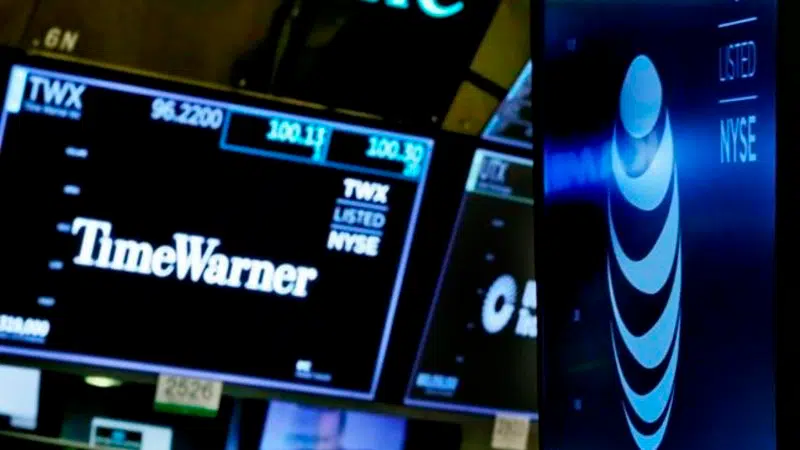
US appeals court clears AT&T’s $81B merger with Time Warner
WASHINGTON — A federal appeals court on Tuesday cleared AT&T’s takeover of Time Warner, rejecting the Trump administration’s claims that the $81 billion deal will harm consumers and reduce competition in the pay TV market.
The ruling by the U.S. Court of Appeals in Washington came Tuesday in the high-stakes competition case, approving one of the biggest media marriages ever. It was already completed last spring soon after a federal trial judge approved it, as phone and pay TV giant AT&T absorbed Time Warner, the owner of CNN, HBO, the Warner Bros. movie studio, “Game of Thrones,” coveted sports programming and other “must-see” shows.
Many observers had expected the decision favourable to AT&T from the three-judge appeals court panel, which upheld the trial judge’s June ruling. Opposing the merger forced the Justice Department to argue against standing legal doctrine that favours mergers among companies that don’t compete directly with each other, what’s known as a vertical merger.


